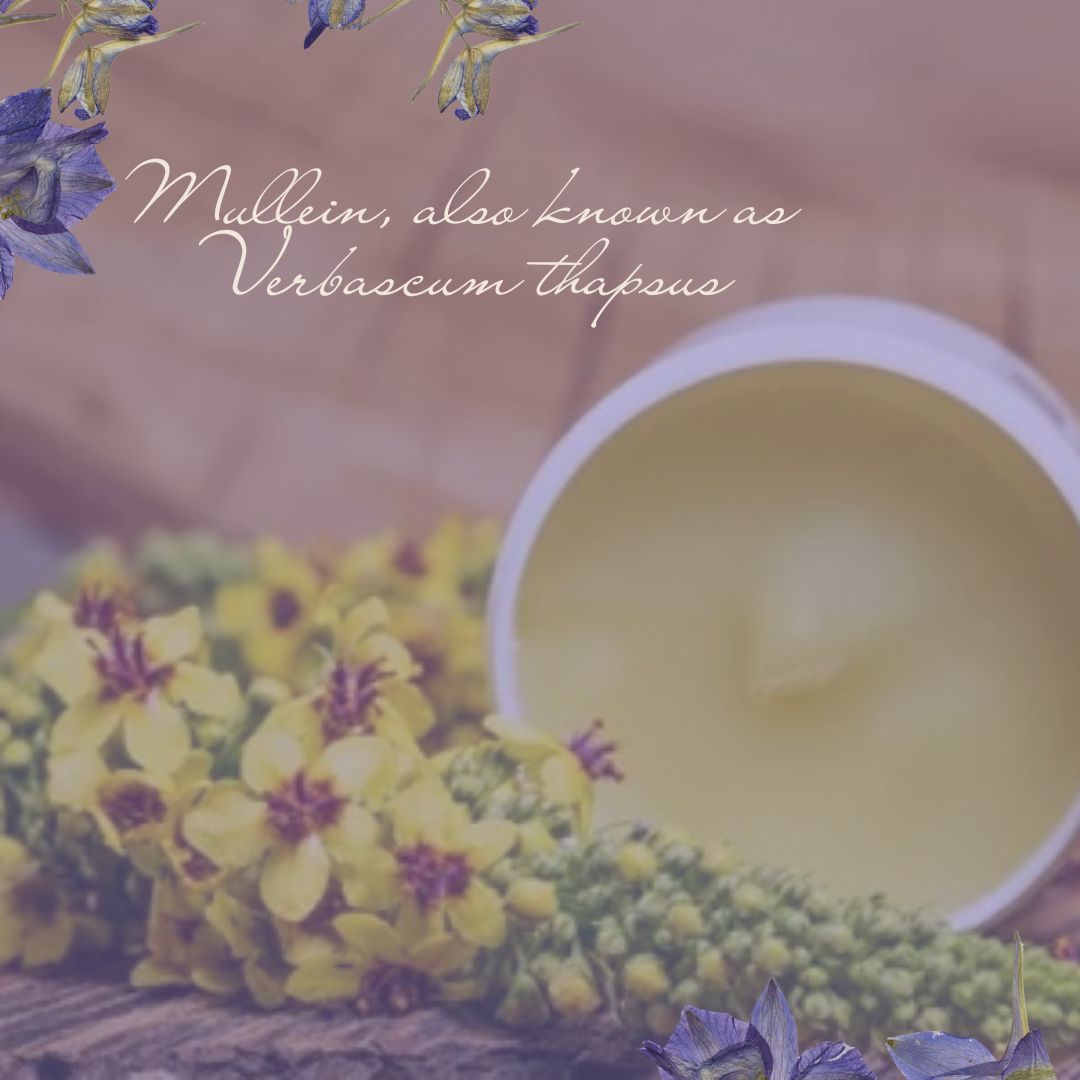The Marvelous Mullein: A Natural Remedy for Respiratory Health and More

Mullein, also known as Verbascum thapsus, is a plant native to Europe and Asia but can now be found growing in various parts of the world, including North America. This plant has been used for centuries for medicinal purposes, and it's not hard to see why. Its leaves, flowers, and roots all contain beneficial compounds that can help improve respiratory health, alleviate pain, and boost overall well-being.
Respiratory Health Benefits:
One of the most well-known uses of mullein is for respiratory health. The plant has been used for centuries to treat coughs, asthma, and bronchitis. This is because the plant contains mucilage, which is a substance that helps soothe and coat the throat, making it easier to breathe. It also has expectorant properties, which means that it can help break up mucus in the lungs and clear the airways.
Mullein is commonly used in herbal tea blends for respiratory health. To make a tea, you can steep the dried leaves and flowers in hot water for 10-15 minutes. The tea can be consumed up to three times a day to help alleviate respiratory symptoms.
Pain Relief:
Mullein is also known for its pain-relieving properties. The plant contains compounds such as saponins and flavonoids, which have anti-inflammatory and analgesic effects. This makes mullein an excellent natural remedy for conditions such as arthritis, sore muscles, and headaches.
To use mullein for pain relief, you can make a poultice using the leaves and flowers. Crush the leaves and flowers and apply them directly to the affected area. Cover the area with a clean cloth or bandage, and leave it on for up to 30 minutes.
Other Benefits:
In addition to its respiratory health benefits, mullein has other uses and benefits, including:
Skin Health: Mullein has anti-inflammatory and antiseptic properties that make it useful for treating skin conditions such as eczema, psoriasis, and minor wounds. Mullein oil can be applied topically to affected areas to soothe and heal the skin.
Digestive Health: Mullein has mild laxative and diuretic properties that can help to stimulate digestion and promote regular bowel movements. It can also help to relieve inflammation and irritation in the digestive tract.
Ear Infections: Mullein oil has been used traditionally to treat ear infections, as it has antimicrobial and anti-inflammatory properties that can help to reduce pain and inflammation in the ear.
Mullein is generally considered safe for most people when used as directed. However, there are some precautions and potential side effects to be aware of:
Allergic Reactions: Some people may be allergic to mullein, especially if they have a history of allergies to plants in the same family (such as ragweed or daisies).
Pregnancy and Breastfeeding: There is not enough research on the safety of mullein during pregnancy and breastfeeding, so it is best to avoid using it during these times.
Drug Interactions: Mullein may interact with certain medications, including blood thinners, so it is important to talk to your healthcare provider before using mullein if you are taking any medications.
Mullein is a versatile and beneficial plant that has been used for centuries to treat respiratory and other health conditions. Whether you use it in tea, tincture, or inhalation form









